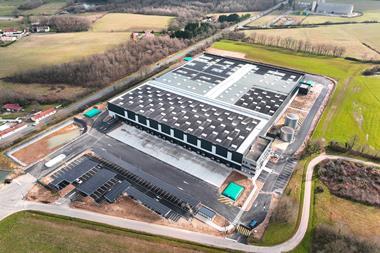GERMANY - Institutional investors are predicted to increase their allocation to property by 15% over the next three years, according to a survey by Germany's Commerzbank. Instittutions expected their real estate exposure to "significantly" increase, from an average of 7.1% to 8.4%, over the period, the Research Center for Financial Services at Berlin's Steinbeis-University found. Commerzbank, who commissioned the research, noted that 95% of institutional investors were already investing in the asset class. "Within the next three years it is very likely that virtually all insurers, foundations and church institutions in Germany will have a property exposure," it said. Erich Seeger, board member at the Commerzbank responsible for institutional clients, pointed out that "investors are diversifying more than ever by sectors and countries". He noted a shift away from the classic office, retail and logistics investments towards residential property and social housing. Commercial property still remains the largest position in the average portfolio at 80%, but its share is decreasing. Over a three-year period, 46% of institutional investors said commercial property would be "very attractive" compared to 64% a year ago. On the other hand, over half said residential property would be much more promising in the near future. Investments were mainly located in Western Europe, with Germany still making up the lion's share at 57%. Seeger pointed out that emerging markets are "at the most used as a minor addition" to the portfolio. Asked about their motives for investing in property, 37.5% cited "security", another 29.2% the high quality of the objects and 25% sustainability. The survey is based on interviews among 114 senior managers at insurers, companies, pension funds, church institutions, foundations and banks.
German institutions to raise property exposure – survey
By Barbara Ottawa2012-06-26T16:15:00+01:00












